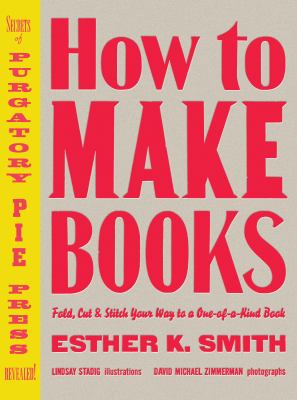
What I like most about comics is that I don’t have to use my imagination in the way that I would reading a "regular" book. The illustrations allow me to simply enjoy the story and watch what is happening. It is a trend right now to adapt classic literature into graphic novels, and I think the graphic versions have reinvigorated the original stories. One of my favorite parts in 20,000 Leagues Under the Sea is when the characters come across a giant octopus almost twice the size of the submarine, which is large enough to house a crew of a few hundred sailors. Being able to actually see the size comparison drives home the massiveness of the beast, which I think could often get lost in the original text. Strangely, one or two chapters from the original story seem to be missing from this graphic novel, but students discovering the story for the first time won’t notice. They will, however, enjoy the color illustrations and will likely appreciate the glimpse into the past as Captain Namor and his Nautilus journey across the underwater world in the 19th century. --Claudio Leon









